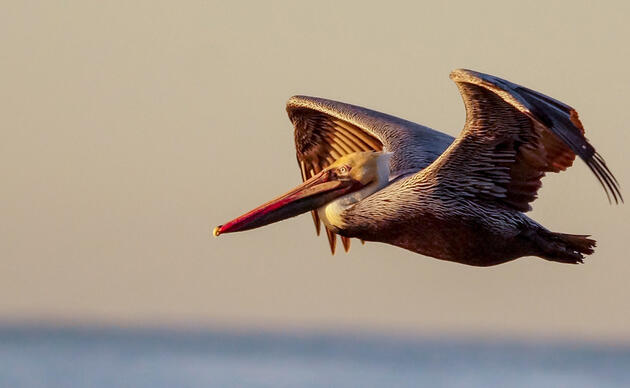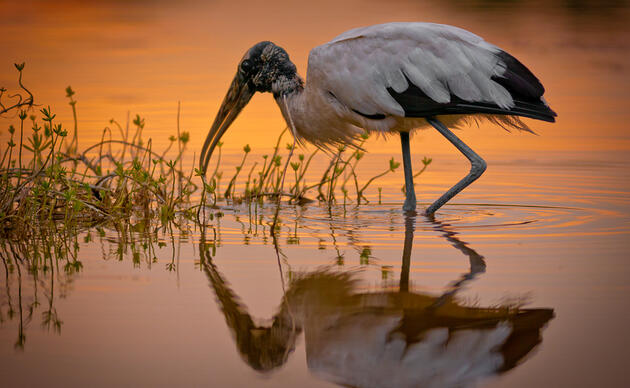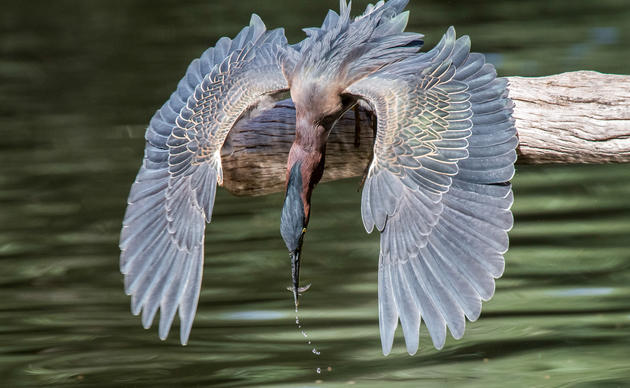This article was originally published on ABC News 4, June 29th 2022, by Charistin Clark
Diane Troy is a volunteer with Audubon South Carolina. She says these cute birds are a rare sight now as they are a threatened species. “They are continuing to decline, so what we're trying to do through our community is to help them out and get them through this breeding season and succeed, so they can go back with great numbers and come back next year,” said Troy.
Least terns are the smallest terns, nesting in colonies in prime substrate.
“It is going to be that shelly, flat surface and they want to have access to their food source, which is a sea, but they also want to have a lot of vegetation, specifically like low vegetation.”
Troy says with the holiday weekend quickly approaching, they are gearing up to keep the nests protected.
“What we're trying to do is notify the people ahead of time that are coming out to our beach for the 4th of July fireworks. We're going to have people at each access, we're going to have signs, we're going to have information.”
Another big reason to stay away from tern nests is to keep them calm.
“We don't want them to get spooked and have to leave their nests, because when they do that, they're leaving their eggs vulnerable to our extreme heat, which they can spoil in like three minutes. Not to mention the avian predators and other predators that are on the beach.”
Unfortunately, even Mother Nature has taken a toll on other tern colonies.
“We've had them in front of Summer House in Wild Dunes. We've had a couple of years, we had them down at Ocean Point. We actually started a colony at Ocean Point, but they got flooded out by the king tides.”
Right now, there are about 17 fledglings on the beach learning to fish. Troy calls this a successful year.




